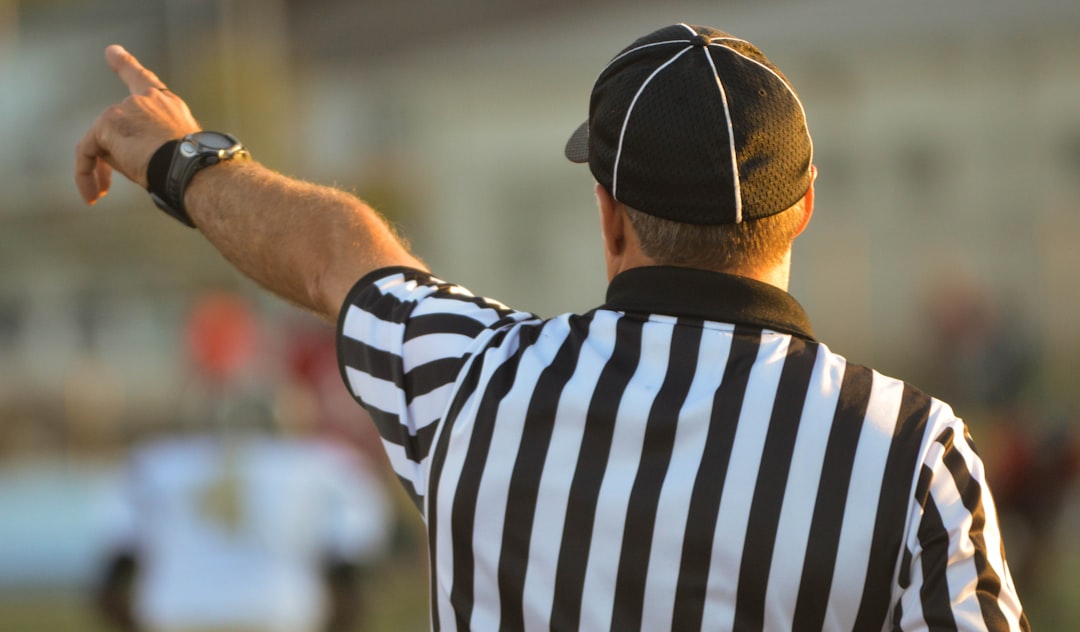Are you an athlete who wants to perform at your best? Do you struggle with mental blocks, anxiety, or self-doubt that hold you back from reaching your full potential? If so, you might benefit from working with a sports psychologist.
What is Sports Psychology?
Sports psychology is the science of applying psychological principles and techniques to enhance athletic performance and well-being. Sports psychologists help athletes develop mental skills, overcome challenges, and achieve their goals.
How Can Sports Psychology Help You?
Sports psychology can help you improve your performance and well-being in various ways, such as:
- Psychological skills training: You can learn and practice mental skills that can enhance your performance, such as goal setting, visualization, self-talk, relaxation, and concentration.
- Performance optimization: You can work with a sports psychologist to identify your strengths and weaknesses, set realistic and challenging goals, monitor your progress, and evaluate your outcomes.
- Emotion management: You can develop strategies to cope with stress, anxiety, anger, frustration, and other emotions that can affect your performance and well-being.
- Self-confidence enhancement: You can boost your self-esteem, self-efficacy, and self-belief by challenging negative thoughts, affirming positive ones, and celebrating your achievements.
Where to Find the Best Sports Psychology Services in Sarasota, Florida? 📍
If you are looking for the best sports psychology services in Sarasota, Florida, look no further than Davenport Psychology. Davenport Psychology is a leading provider of sports psychology services, offering remote consultations by telehealth in 40 states.
Contact Us Today! 📞
At Davenport Psychology, our team of experienced sports psychologists are dedicated to helping athletes and coaches reach their peak performance. We provide a comprehensive range of services, such as mental training, sports counseling, and mental game preparation. We also provide unique services such as psychological assessments, peak performance strategies, and personal development plans. We believe that everyone has the potential to reach their highest level of performance and our team of experts are committed to helping you reach your goals. Contact us today to discuss how we can help you unlock your potential!
One of the main reasons athletes and coaches seek out sports psychologists is to improve mental toughness and resilience. In sports, as in life, there will always be challenges and setbacks. A sports psychologist can help you develop the mental skills to overcome these obstacles and bounce back stronger than ever.
Improve Focus and Concentration
In the heat of competition, it can be challenging to maintain focus and concentration. A sports psychologist can teach you techniques to stay present and focused, even in high-pressure situations. This can lead to improved performance and a competitive edge.
Overcome Mental Barriers
Mental barriers, such as fear of failure or self-doubt, can hold athletes back from reaching their full potential. A sports psychologist can help you identify and overcome these barriers, allowing you to perform at your best.
How to Choose a Sports Psychologist
When selecting a sports psychologist, it’s essential to find someone who is a good fit for you or your team. Here are some factors to consider when making your decision.
Credentials and Experience
First and foremost, you want to ensure that the sports psychologist you choose has the necessary credentials and experience. Look for someone who is licensed and has experience working with athletes and coaches in your sport.
You may also want to consider their educational background and any additional certifications or training they have in sports psychology.
Specialization
Sports psychology is a broad field, and some psychologists may specialize in specific areas, such as working with individual athletes or teams. Consider your needs and goals and look for a sports psychologist who has experience working with clients similar to you.
Communication and Rapport
It’s crucial to have good communication and rapport with your sports psychologist. You should feel comfortable opening up to them and trust that they have your best interests at heart. Consider scheduling a consultation or initial session to get a feel for their communication style and see if it’s a good fit for you.
Availability and Accessibility
Another factor to consider is the sports psychologist’s availability and accessibility. If you’re an athlete, you may need to schedule sessions outside of your training and competition schedule. Make sure the sports psychologist you choose has availability that aligns with your needs.
You may also want to consider whether they offer remote sessions or have an office location that is convenient for you.
Cost
Sports psychology services can vary in cost, so it’s essential to consider your budget when choosing a sports psychologist. Keep in mind that this is an investment in your mental game and overall performance, so it may be worth it to spend a little more for a highly qualified and experienced sports psychologist.
The Benefits of Sports Counseling
Working with a sports psychologist can have numerous benefits for athletes and coaches. Here are just a few of the advantages of sports counseling.
Improved Performance
The primary goal of sports counseling is to improve performance. By addressing mental barriers, developing mental skills, and enhancing focus and concentration, athletes and coaches can see a significant improvement in their performance on the field or court.
Better Coping Skills
Sports counseling can also help athletes and coaches develop better coping skills for dealing with stress, pressure, and setbacks. This can lead to improved mental health and overall well-being.
Enhanced Team Dynamics
Sports counseling can also benefit teams by improving communication, trust, and teamwork. By working together with a sports psychologist, teams can develop a shared understanding of mental skills and strategies, leading to a more cohesive and successful team dynamic.
Real-World Examples of Sports Psychology Success
In a study published in the Journal of Clinical Sport Psychology, researchers found that athletes who received mental skills training from a sports psychologist saw significant improvements in their performance and mental toughness. The study also found that these improvements were maintained over time, showing the long-term benefits of sports counseling.
In another study published in the Journal of Applied Sport Psychology, researchers found that athletes who received mental skills training from a sports psychologist saw improvements in their confidence, focus, and overall performance. The study also found that these improvements were maintained even after the athletes stopped working with the sports psychologist, demonstrating the lasting impact of sports counseling.
Conclusion
Choosing a sports psychologist is an important decision that can have a significant impact on your mental game and overall performance. By considering factors such as credentials, specialization, communication, and accessibility, you can find a sports psychologist who is the right fit for you or your team.
Sports counseling can provide numerous benefits, including improved performance, better coping skills, and enhanced team dynamics. With the help of a sports psychologist, you can take your mental game to the next level and reach your full potential as an athlete or coach.






